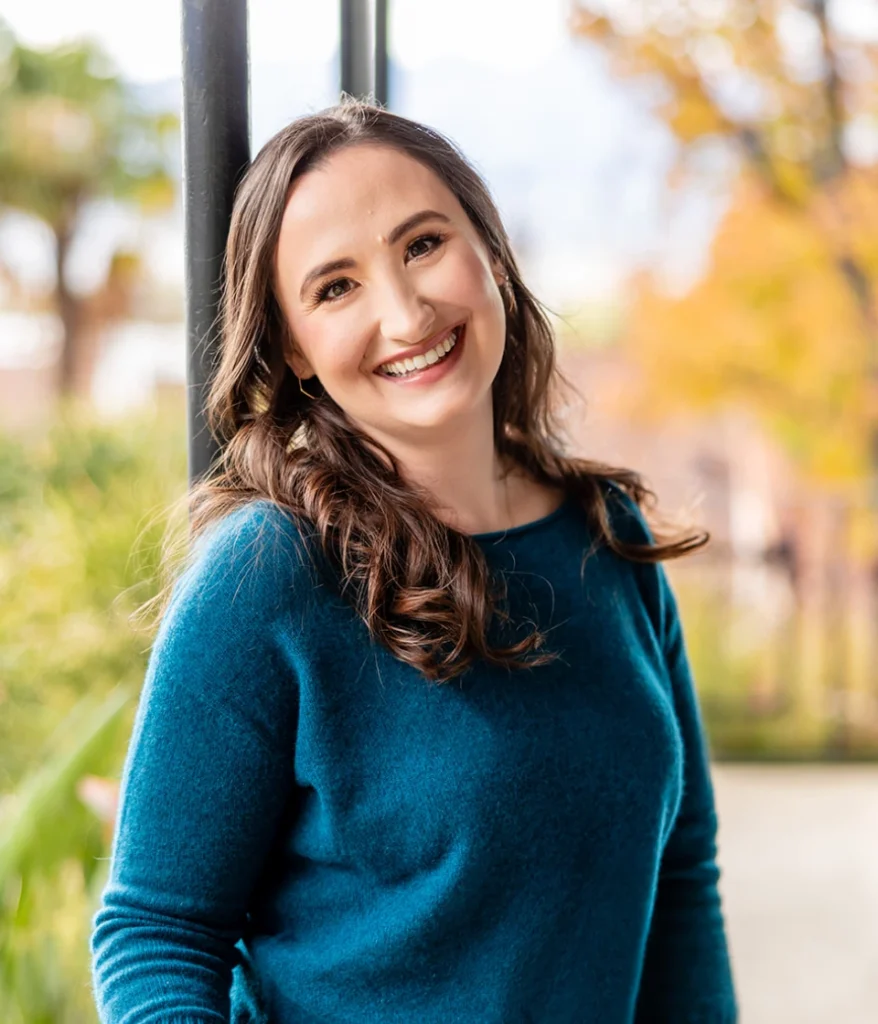Trust yourself to finish the things that matter
Trust yourself to finish the things that matter — by working with your brain, not against it.
— by working with your brain, not against it.
Executive function coaching for ADHD professionals & academics ready to ditch the self-judgment, find their flow, and develop flexible systems that actually work.
See how coaching worksYou get the hard stuff done.
The “easy” stuff? Not so much.
The problem isn't that you "lack discipline" or "just need to try harder."
It's that traditional productivity strategies weren't built for your brain.
Good news: there are ways to get things done that don’t rely on a mix of last-minute adrenaline and existential dread.
Flexible Systems,
Not Rigid Rules
Hi, I’m Taylor. I’m an Executive Function Coach for ADHD professionals & academics. I don’t do one-size-fits-all, “set a 25-minute timer!” productivity hacks. We both know you’ve already tried all the strategies, apps, and color-coded planners.
This time, let’s figure out what actually works for your brain, so you can stop feeling stuck and start trusting yourself to follow through.
I’m a former academic, so I know exactly what it’s like to work in a high-pressure, unstructured environment – and how hard it is to balance high performance with well-being.

What Makes My Approach Different
Get unstuck right now with the 5-Minute ADHD Reset
Sign up for the newsletter and get the free ADHD Reset delivered straight to your inbox – plus weekly emails with practical, ADHD-friendly productivity advice. Expect science-backed insights, tools that help you feel better, and absolutely zero judgment.
You’re not a mess.
You’re a high-functioning, deeply creative, wildly intelligent person…
Which, yes, is overwhelming. But it also means you’re capable of deep focus, outside-the-box thinking, and lightning-fast problem-solving (when you have the right systems in place).
Let’s stop trying to squeeze your beautifully nonlinear brain into a rigid productivity box, and start designing strategies that fit your natural flow.